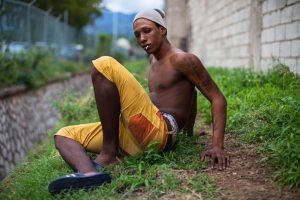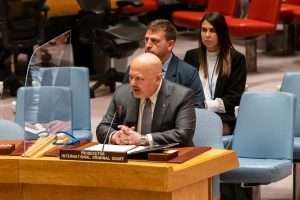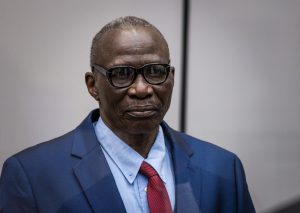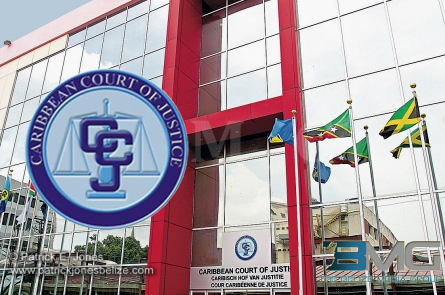By: Marie LeRoy
Impunity Watch News Staff Writer
STRASBOURG, France – Vinko V. Dolenc, a celebrated neurosurgeon in Yugoslavia, was found to have been denied his right to a fair trial by the European Court on Human Rights (ECHR). The ECHR found that the Slovenian Court, in recognizing an Israelis Courts judgment, without being sure that the Courts had respected Dolenc’s right to a fair trial, had recognized a judgment that violated Dolenc’s Article 6 § 1 Convention rights.
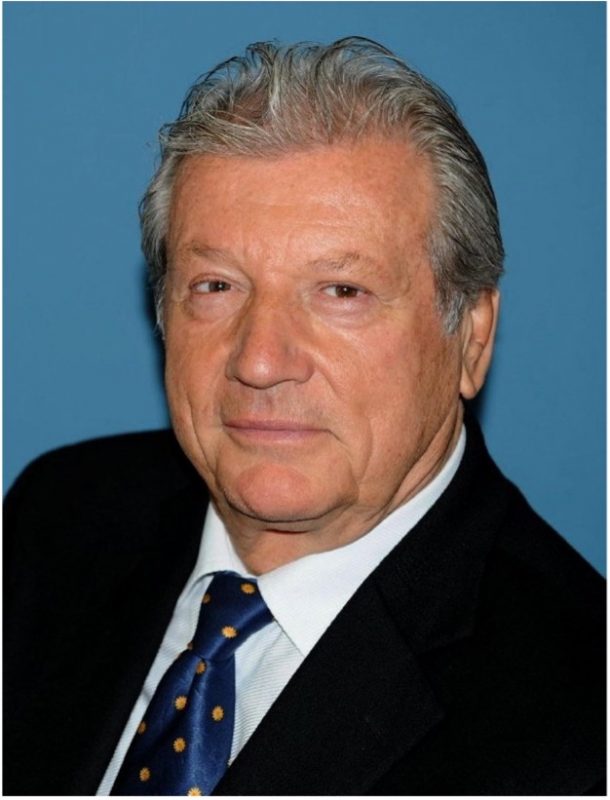
In May 1995 an Israeli citizen sought damages from Dolenc for medical negligence during a surgery he performed that left the patient paralyzed.
In January 1999, the Israeli trial started. Dolenc refused to recognize the Israeli courts authority, arguing that only Slovenia law applied. Dolenc argued that since Israeli and Slovenia had both signed the Hague Evidence Convention, he and his witnesses should be examined only before a Slovenian court. In accordance, Dolenc and his witnesses refused to travel to Slovenia to participate in the trial and refused to testify via video link. The Israeli Supreme Court denied his request and held that testifying over video link was a proper means of testifying. Dolenc continued to argue that testifying over video link was practically impossible.
In February 2003, the Israeli court upheld its earlier judgement, that Dolenc refusing to testify over video link was not because it was practically impossible, and the Court struct Dolenc’s main statement from his file when he continued to refuse to testify. In April 2004, Dolenc dismissed his legal representative and did not appoint a new one. The Israeli court then attempted to allow Dolenc’s witness to testify in Slovenia but no one showed up on the day of testimony. The Court then attempted to have another hearing in Israeli but, once again, no one appeared for Dolenc. The Court then gave Dolenc opportunities to submit his closing statement, but he never did.
On June 9, 2005, the Israeli court found Dolenc fully liable based on the evidence submitted. The court further found that Dolenc “had done everything he could to prevent the examination and had thereby prevented it from discerning the truth”. Through this, Dolenc asserted that he had no knowledge of the hearing dates nor of the opportunities the Court had given him to submit his closing arguments.
In 2011 the patient appealed to the Slovenian Supreme Court to recognize the Israeli Courts holding. In 2018 the Slovenian Supreme Court found against Dolenc accepting the Israeli reasoning that Dolenc had been given opportunity to participate in the matter, that Dolenc had essentially waived his right to defend himself by dismissing his attorney and not appointing a new one, and the permissibility of disregarding the Hague Evidence Convection (framework for transmitting documents from and to opposing parties) procedure for witnesses.
The ECHR found that the Slovenian court had failed to properly investigate the Israeli’s court judgment. In particular, the ECHR noted that the only evidence considered by the Israeli court was the allegation made by the patient and the evidence put forward by them. The ECHR also noted that the Israeli court had not even attempted to have the Slovenian law expert examined via Hague Convention procedure, which means that the Israeli court applied unfavorable Israeli law to Dolenc without proper consideration.
As a result, the ECHR found that the Slovenian courts had not satisfied themselves that the Israeli trial had been fair, and therefore breached their duty under Article 6, § 1 of the Convention. The ECHR ordered the Slovenian courts to pay 15,600 euros to Dolenc for costs and non-pecuniary damages.
For further information, please see:
